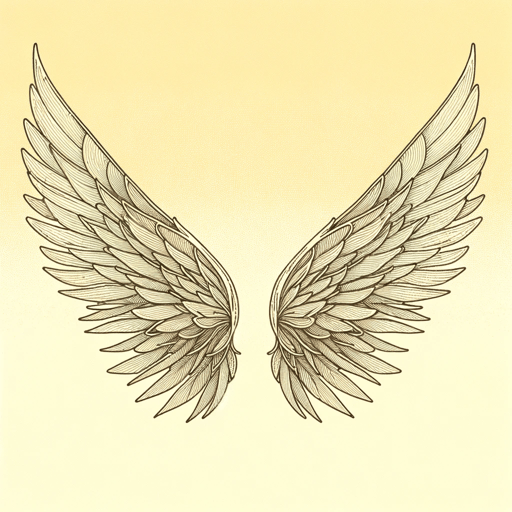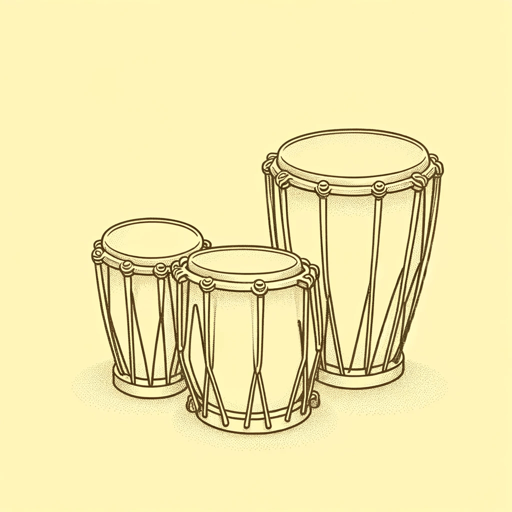56 pages • 1 hour read
Margarita EngleEnchanted Air: Two Cultures, Two Wings
Nonfiction | Memoir in Verse | Middle Grade | Published in 2015A modern alternative to SparkNotes and CliffsNotes, SuperSummary offers high-quality Study Guides with detailed chapter summaries and analysis of major themes, characters, and more.
Summary and Study Guide
Overview
Enchanted Air: Two Cultures, Two Wings: A Memoir is an illustrated verse memoir by American author Margarita Engle published in 2015. Enchanted Air is a memoir about the author’s Cuban heritage and her journey through biracial identity during Cuba’s Civil War and the Cold War. The book won the American Library Association’s Pura Belpre Author Award for Latina/Latino authors that celebrate the Latino cultural experience. It was also a YALSA Non-Fiction Finalist for excellence in Young Adult Non-Fiction and was named a Walter Dean Myers Award Honoree for diverse authors of children’s literature.
This guide refers to the 2015 Atheneum Books Edition.
Content Warning: This guide discusses historical conflict, cultural dislocation, identity struggles, family separation, and emotional stress due to political tensions.
Plot Summary
Engle begins the story on Valentine’s Day in 1947 when her parents meet and fall in love. Her American father speaks English, and her Cuban mother speaks Spanish. Despite this, her father proposes, and they marry.
The next poems describe the events of Engle’s life between 1951 and 1959. She begins by describing her first visit to Cuba, the environment, and her large Cuban family. Engle loves life on the tropical island and includes poetic allusions to magic and mythical creatures.
The following poems describe Engle’s life in America, highlighting her insecurity and struggles to fit in. She describes her intelligence and love of stories as she skips ahead several grades in school. She also describes the discrimination she faces as a Cuban American.
The author and her family visit Mexico one summer instead of Cuba. When they return, the author learns of a civil war in Cuba.
During the Cuban revolt, the author’s family comes under suspicion. The author describes being interrogated by the FBI and her Mami’s attempts to hide their connections to Cuba.
In 1960, Mami takes the author and her sister to visit Cuba, suggesting this may be their last chance to visit their relatives on the island. The author remains fascinated by the tropical environment but sees evidence from the war all around her. She learns that many Cubans hate Americans when she encounters Cuban soldiers.
She visits Trinidad and the farm where her mother grew up, experiencing rural life and comparing it to her life in the city. An uncle promises the author she will have a filly or colt the next summer when she learns Abuelita’s mare is pregnant. She leaves Cuba while anticipating her return.
The following poems describe events from 1961 through 1964, after the author returns to the US. Relations between America and Cuba break down. Conditions in Cuba worsen, and Americans become increasingly suspicious of Cubans. A travel ban is put into effect, and all hope of visiting Cuba is gone.
The author continues to struggle in school and takes refuge in books from the emotional struggles she faces.
Several poems describe the events of the Cuban Missile Crisis and the fear and confusion the author experiences as she learns about communism. She worries for Cuba and her family, caught between two world powers.
Mami refuses American citizenship, remaining stateless in support of her family. Abuelita sends letters in poetic code, and information is censored.
Life goes on. The author receives her first kiss, traumatized by a much older boy. Once again, she finds solace in books and writing. She rebels and isolates herself from her parents.
The final poems describe an extended summer vacation spent travelling to Europe when the author is 13. She describes the joy and happiness she feels as she grows close to her family once more. She accepts that her future may not include Cuba but hopes that someday things will improve.
Related Titles
By Margarita Engle




